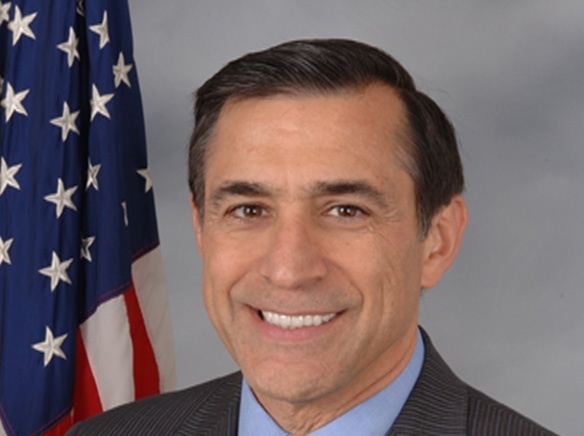The County Board of Supervisors voted unanimously on April 6 to create a centralized Department of Homeless Solutions and Equitable Communities that would fall under the larger county department of Health and Human Services.
Introduced by Chair Nathan Fletcher, the new department would ostensibly streamline policies and provide a framework for agencies to work together on programming for greater efficiency.
“In fiscal year 2019-20,” Fletcher said, “the county supported over 75 programs and spent hundreds of millions of dollars serving people that are homeless or at risk of homelessness. In addition, over 500 million dollars in public assistance is provided annually to individuals and families, many of whom are housing unstable. This is a substantial investment of public resources, and while these programs provide critical support, there is an opportunity to better coordinate an integrated systems approach to providing services”.
District 2 Supervisor Joel Anderson said while there are examples of successful homeless programs, ones which hopefully can be replicated and expanded, the overall homeless population in San Diego county is growing.
“We must embrace new solutions,” Anderson said.
In addition to creating the new department, the approved proposal outlines guiding principles on current and future County actions related to homelessness. Those changes mark first steps toward decriminalizing some behavior due to homelessness, including sleeping in public areas and reverses an approach implemented in May, 2020 that authorized the county Chief Administrative Officer to develop ordinances intended to minimize impacts associated with homelessness on park and recreation users.
That key point is a direct result of a landmark Boise, Idaho court case that originated in 2009 and stretched across nine states including California through the ninth circuit court of appeals which ruled “the government cannot criminalize indigent, homeless people for sleeping outdoors, on public property, on the false premise they had a choice in the matter” and basically established a precedent preventing local municipalities from ticketing or arresting homeless individuals if no shelters were available.
Along with the move toward decriminalizing homelessness, some other approved guiding principles state the county must ensure racial and social equity in homeless prevention and responses, provide culturally and linguistically appropriate services, ensure county-wide regional leadership to work more collaboratively with outside partners, increase access to affordable and appropriate housing, move away from law-enforcement style outreach in favor of service outreach in an effort to avoid cycles of incarceration.
Anderson said he “loves the direction” the ideas are going but is concerned about the effect on communities surrounding areas like Spring Valley’s Lamar park which he said is so saturated with homeless encampments that families no longer take their children there to play.
“I get that they have no place to go and absolutely, I don’t think it should be criminalized. But, by the same token, it’s not La Jolla that’s being invaded. It’s the poorer areas of my community and I don’t think it’s fair to make those people go without parks in their community if we provide housing for the homeless,” Anderson said.
Anderson later said it’s important to acknowledge that many homeless people are dependent on drugs, alcohol, and are dealing with severe mental health conditions that must be addressed independently, while also addressing the need to build attainable housing for rental and ownership.
During time for public comments, San Diego Regional Task Force on the Homeless Chief Operations Officer Lahela Mattox said it is important to recognize criminalizing homelessness does not address the root causes.
Mattox also hinted funding might be positively linked to the redesigned approach to homelessness.
“In order to continue to qualify for state funding such as the Homeless Emergency Aid Program, stakeholders must demonstrate collaboration between the city, county and the continuum of care with particular interest to how resources are aligned to address homelessness.
Although there is no fiscal impact born from approving the new county department, changes to county staffing and resources would be brought before the board for approval in fiscal year 2021-22.














